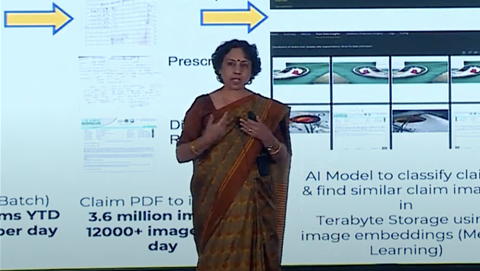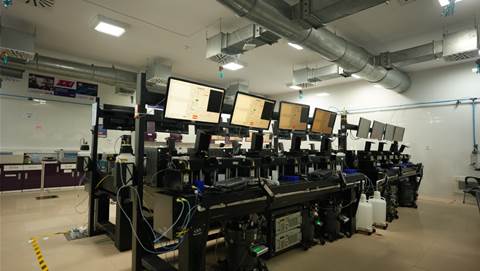Traveloka is already claiming a 95 percent reduction in cloud costs and better experience for its software developers from a shift away from AWS EC2 to AWS Lambda.
The Indonesian–headquartered travel and lifestyle platform first revealed its embrace of serverless computing in a Medium post published back in late April.
TechOps backend infra software engineer Salvian Reynaldi wrote at the time that Traveloka used EC2, mostly in auto-scaling groups, and some AWS Fargate - a serverless compute engine for containers, as its underlying IT infrastructure.
However, the company didn’t like the amount of time developers had to spend setting policies and managing the environment. In addition, there were concerns about low levels of utilisation of EC2 instances for some workloads.
“We have low-traffic services, like what we call the internal tools,” Reynaldi told an AWS Innovate conference late last month.
“[These tools] only receive around 100,000 requests per day, but [run] on two-to-three non-serverless instances behind a load balancer. That is not cost-efficient.”
Reynaldi said that his area of Traveloka had a goal to “remove any overheads” that could otherwise be spent on application development and creating business value; and for backend infrastructure to be provisioned and operated cost-effectively.
So far, he said, AWS Lambda was living up to its promise.
He noted in the earlier Medium post that while AWS Lambda was “more expensive than EC2 for similar memory-vCPU config”, Traveloka didn’t need to have compute running all of the time for “idle services”.
In last month’s presentation, Reynaldi said that “using AWS Lambda with AWS Graviton [processors] for our idle apps reduces the cloud cost by 95 percent.”
He went on to say that “the mean lead time and change failure rate of our Java on AWS Lambda apps are half of the overall average, signalling productivity improvement.”
Mean lead time is a common metric in software development that tracks the time for a code commit to go into production.
Reynaldi said in the Medium post, meanwhile, that Traveloka has used Java in its backend since 2012.
“Hopefully, the next updates from the Java ecosystem and AWS will improve the developer experience even further,” he added.









